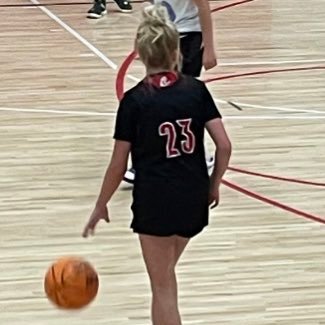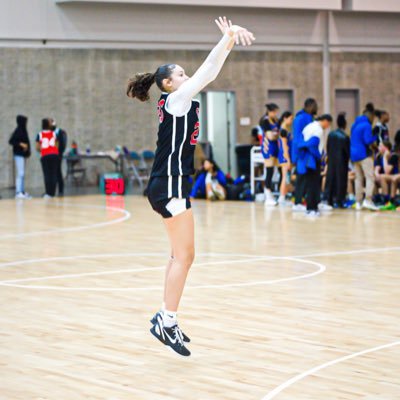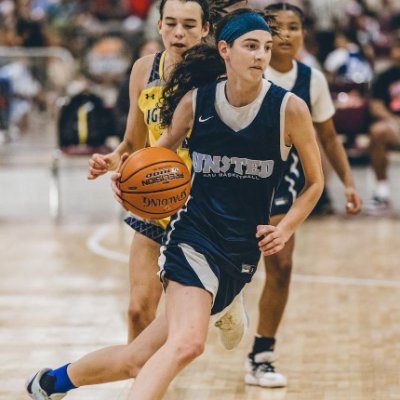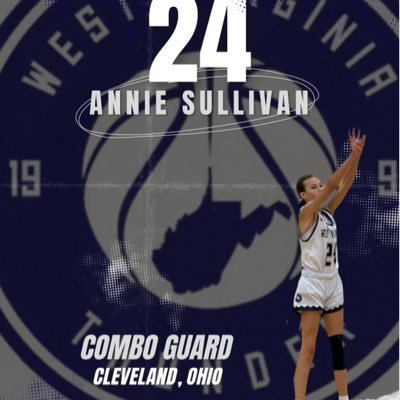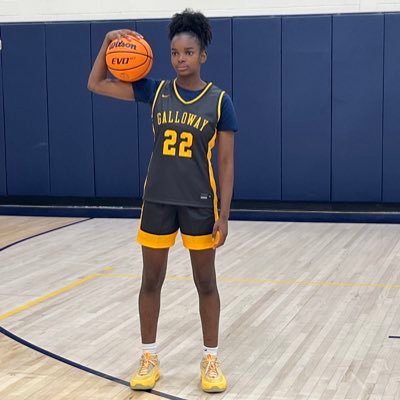
Future Basketball Sensation Sophia Louis-Pierre
 Sophia Louis-Pierre, standing tall at 6 feet, is a formidable presence in the class of 2027.
Sophia Louis-Pierre, standing tall at 6 feet, is a formidable presence in the class of 2027.
Playing AAU basketball for 3SSB Team Elite Hubbard, Sophia is a player that every top college program should have on their radar.
Boasting a stellar 4.0 GPA, she is not just excelling on the court but also in the classroom, showcasing her dedication and work ethic.
Sophia’s game is well-rounded and continuously improving.
Her shooting ability is exceptional; she can score from anywhere on the floor.
Whether it’s from beyond the three-point line, in the mid-range, or driving to the basket, she finishes with finesse and fearlessness, often taking on multiple defenders.
Her versatility in scoring makes her a constant threat on offense.
Athletically, Sophia is a standout.
She runs the floor with speed and agility, combining quickness with strength to overpower her opponents.
Her defensive skills are equally impressive.
She’s known for locking down her opponents, using her physicality and high basketball IQ to shut down the best offensive players.
Rebounding is another area where she excels, often outmuscling taller players for the ball.
College programs will find Sophia a dream recruit.
She’s coachable, hardworking, and possesses a high basketball IQ.
Her work ethic is unmatched, and she continues to develop her skills every day.
The sky’s the limit for Sophia Louis-Pierre!!!
With years of growth ahead, she has the potential to become an exceptional player at the collegiate level and beyond.

